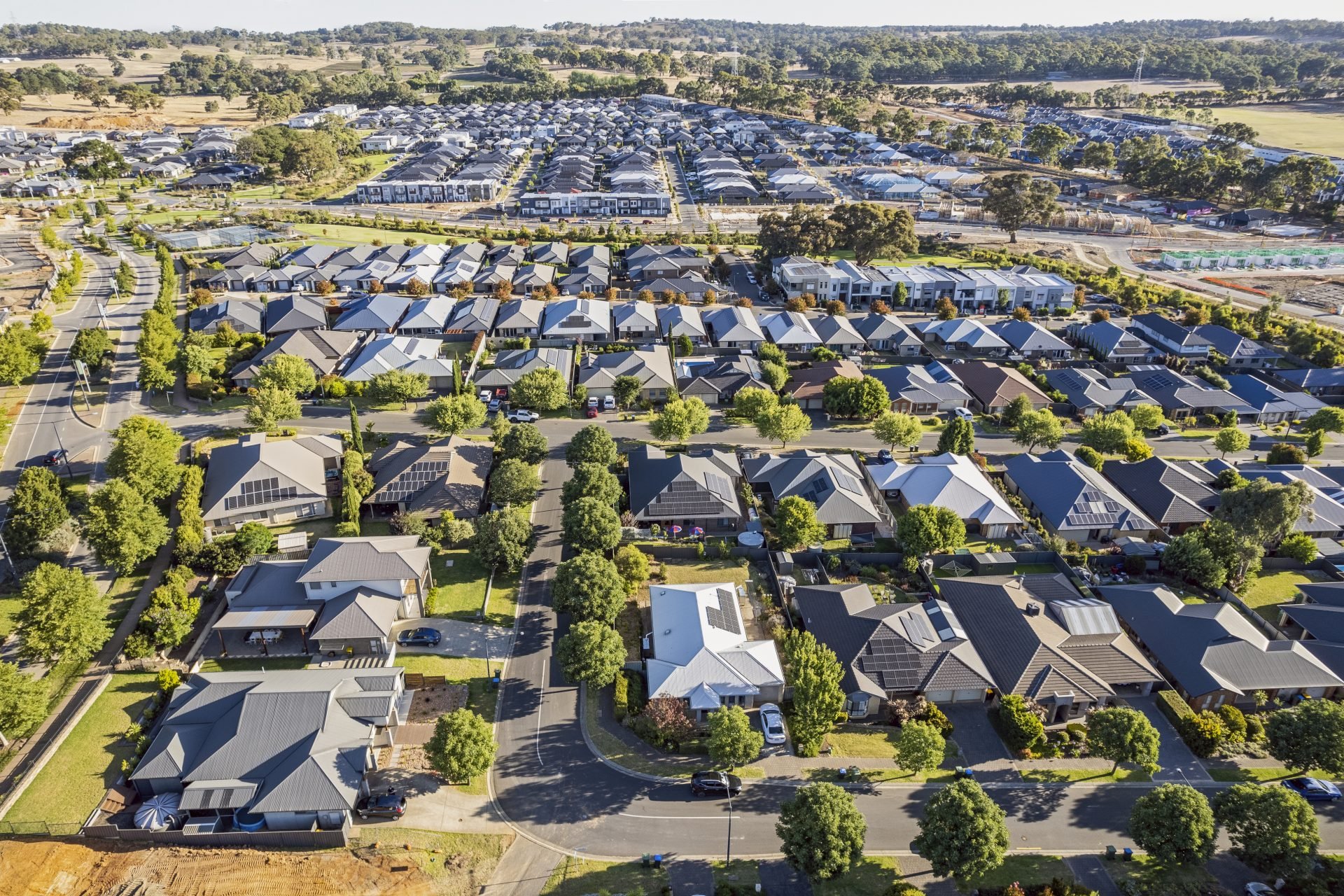Introduction
For investors who wish to generate lasting wealth, investing in property has been a popular, go-to strategy. While there are many advantages of property investments, not all real estate investments are made equally. When choosing between residential vs. commercial property, it’s important to keep your financial goals in mind — be it financial stability or portfolio diversification. By understanding the unique nuances between residential and commercial real estate, you can maximise returns by capitalising on the strengths of each property type and optimise your investment strategy to achieve long-term financial success.
In this article, we’ll lay out the key differences between residential and commercial property investments, the best investment property types for different investors, and key tips for making fruitful investment decisions.
What is Residential vs. Commercial Property Investment?
Table of Contents
Investing in residential real estate is all about housing — think single-family homes, apartments, condominiums, townhouses, etc. This investment path often requires more hands-on management, but has lower overhead costs in comparison to commercial investment. Residential rentals also have shorter lease terms, which means frequent tenant turnover but more legroom to adapt to market changes.
With commercial property investment, the focus is on business. From office buildings and retail shops to apartment complexes and warehouses, investors who lease out these spaces stand to gain higher rental yields, lower vacancy rates, and substantial property appreciation. But before reaping these rewards, you need to shell out significant upfront investments and handle complex management.
Key Differences Between Residential vs. Commercial Property Investment
The choice between residential real estate vs. commercial real estate investment doesn’t have to be daunting, you just need to lay out the facts! To help you make an informed decision, here are some critical factors that set the two property types apart:
- Initial Costs and Financing Options
When it comes to financing, residential properties offer an approachable entry point, especially for those with limited capital. The lower initial investment and ongoing management costs make residential real estate a popular choice for a wide range of investors.
In contrast to residential renting, commercial real estate is relatively more high-stakes. It demands a significant upfront investment, not just for the property itself but also for renovations, legal fees, and a safety net for potential vacancies. The scale and development costs of commercial properties can easily run into millions, making them a less accessible option.
- Income Potential and ROI
If your goal is to build long-term wealth, residential real estate could be a more strategic choice. The steady rental income and potential for property value appreciation over time can provide a solid foundation for your financial future.
However, for investors seeking a quick financial boost, commercial real estate might be your ticket. With net leases and the potential for higher rental yields, it can offer a more immediate income stream and quicker value appreciation.
- Risk Factors and Market Trends
Residential real estate is considered a more stable investment. People need a place to live, even during tough economic times. This makes residential properties a relatively safer investment option, especially for those seeking a more consistent income stream.
On the flip side, commercial real estate is more vulnerable to economic downturns. When businesses struggle, they may reduce their footprint, leading to longer vacancy periods and lower rental income for property owners. This makes commercial real estate a riskier investment, suitable for those with a higher tolerance for volatility.
4. Management Requirements
Managing residential properties may be hands-on, but it’s pretty straightforward and predictable in comparison to commercial renting. Particularly fit for those new to real estate investing, residential properties offer a gentler learning curve, making them an ideal starting point.
Commercial property management tends to feel like navigating a complex maze. You’re dealing with intricate lease agreements, mind-boggling tax implications, and the unique needs of business tenants. It’s a complex process that requires a certain level of expertise and finesse.
5. Tax Benefits
Both property types offer tax advantages, but they differ in terms of depreciation and capital gains. Property tax rates generally favor residential properties. While both types of properties can incur capital gains taxes upon sale, residential properties benefit from significant tax exemptions for primary residences.
Commercial properties have a longer depreciation period, leading to smaller annual tax deductions. Some jurisdictions also offer tax incentives to encourage commercial development, especially in specific areas or for certain tenant types.
6. Resale and Exit Strategy
The residential property market is generally more liquid, with a wider range of buyers and shorter sales cycles. Resale values can be influenced by personal preferences. Common exit strategies for residential properties include traditional sales, rental income, and 1031 exchanges.
Commercial properties, on the other hand, have a smaller, less liquid market, longer sales cycles, and are more sensitive to economic conditions and industry trends. Commercial real estate offers more diverse exit strategies, such as selling leasehold interests, sale-leasebacks, and securitisation.

Who Should Invest in Residential and Commercial Properties?
Residential real estate can be a great move into property investment for beginners. Individual investors, first-time homebuyers, and property flippers are ideal for residential property investing. If your main objectives are to gain long-term appreciation and rental income, residential rentals may be the answer to your needs. Investing in commercial property, on the other hand, is better suited for institutional investors, high-net-worth individuals, and business owners. These investors typically target higher returns and tax advantages to satisfy strategic business needs.
Tips for Making Smart Investment Decisions
The best way to buy investment property and kickstart this lengthy process is through thorough research. Dive into current market trends, rental rates, property values, zoning laws, and property taxes. It’s important to consider your long-term financial goals, risk appetite, and desired return on investment. For more insight into how to invest in a property in Australia, consider liaising with professionals like a residential or commercial property buyer’s agency, property managers, and financial advisors. Finally, regular monitoring of your investments and staying updated on industry trends and economic indicators are crucial to succeed in the long run.
Conclusion
With property investing, there’s no right or wrong answer. The real question is, which property type will take you where you want to be, financially? Residential and commercial real estate come with their own pros and cons; while residential renting promises stability and accessibility, commercial properties have tremendous earning potential. By taking time to assess these differences, you can make strategic investment decisions that suit your current financial circumstances and prop you up for future success.
Whether you’re looking to invest in residential property or commercial property, InvestorKit is prepared to help you fulfill your investment goals with our data-driven industry expertise.
.svg)
